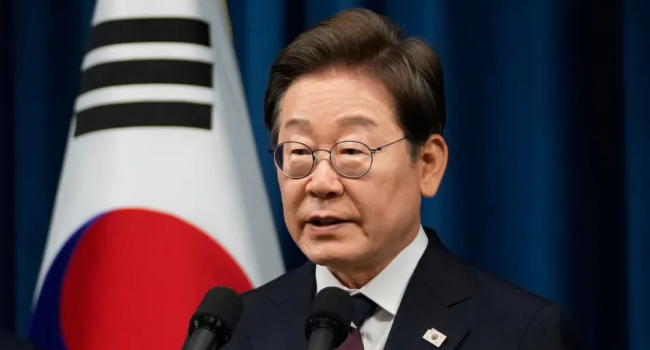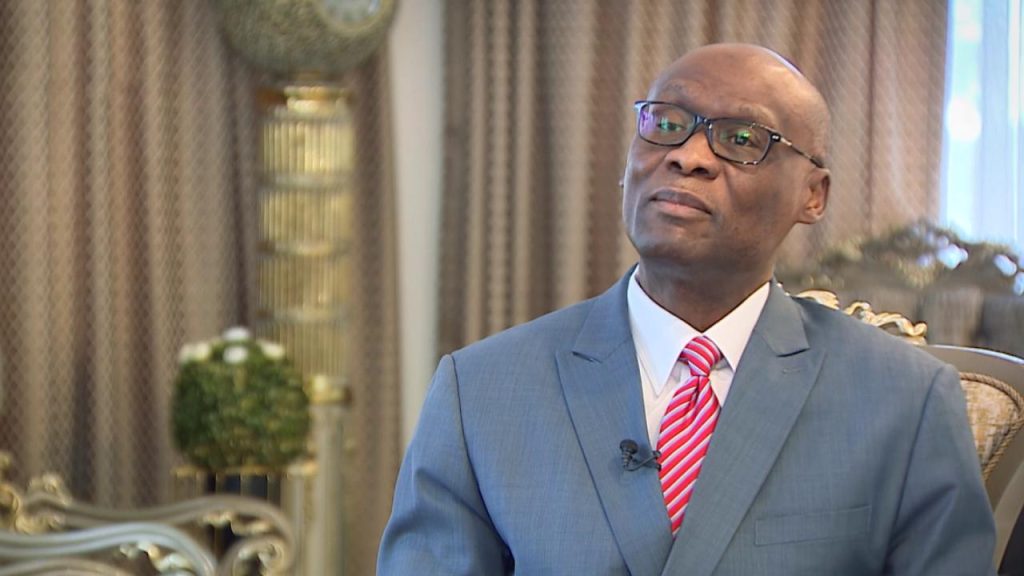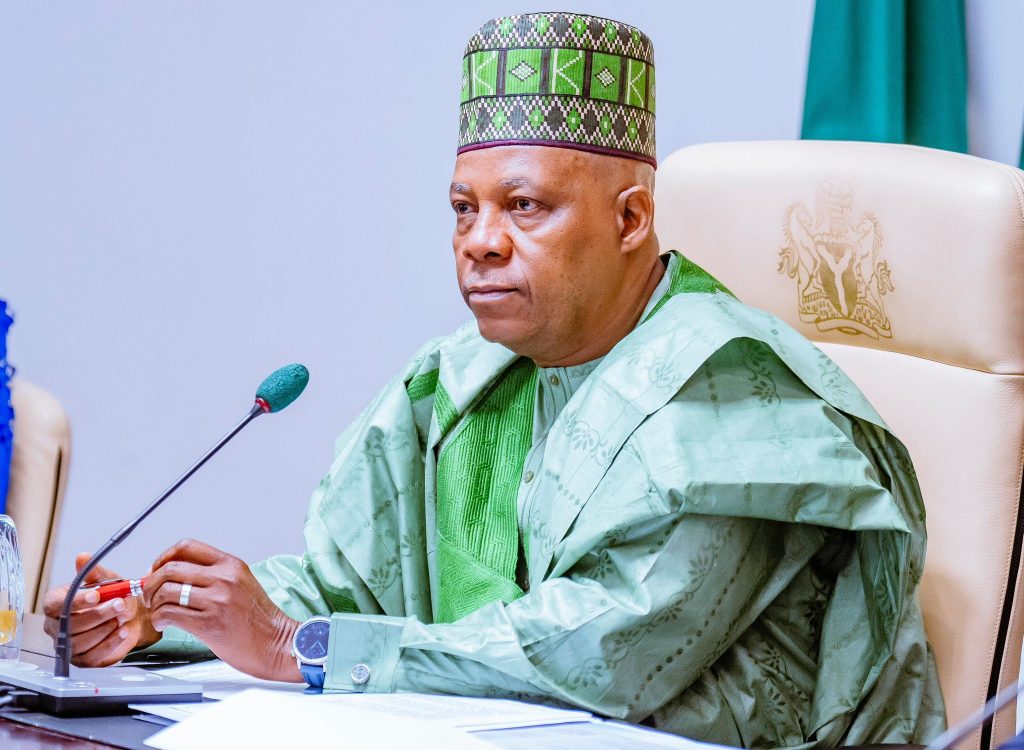Lagos State Governor Babajide Sanwo-Olu has instructed newly inaugurated local government leaders to halt the hiring of political officeholders, placing restrictions on key appointments as they begin their terms. The directive, issued on July 31 through an official circular, temporarily bars council chairmen across Nigeria’s most populous state from appointing supervisors, special advisers, or senior special assistants until further notice. Only the selection of a Chief of Staff is currently permitted.
The order, signed by Kikelomo Bolarinwa, permanent secretary of the Ministry of Local Government, Chieftaincy Affairs, and Rural Development, cited the governor’s instructions during a recent swearing-in ceremony. It emphasized that all non-approved appointments must be reversed immediately. “The appointment of the Chief of Staff is the only appointment approved as you assume office,” the circular stated, urging compliance from council leaders. It further clarified that roles such as supervisors and special advisers—common in Nigerian local governance structures—are suspended pending future guidance.
Lagos, a commercial hub home to over 20 million residents, operates 20 local governments and 37 local council development areas (LCDAs). The move raises questions about potential administrative streamlining or cost-cutting measures, though authorities have not provided explicit reasons for the pause. Analysts suggest the decision could reflect efforts to centralize oversight or review appointment protocols amid broader governance reforms.
Bolarinwa’s memo explicitly warned against defying the directive, stating that any appointments already made outside the Chief of Staff role must be revoked. “You are enjoined to note the above and revert any appointment that has been made except the Chief of Staff,” the document reads. The order does not specify a timeline for lifting the restrictions, leaving uncertainty about how long the freeze will remain in place.
Local government chairmen in Lagos, elected to three-year terms, traditionally appoint teams to oversee areas like health, education, and infrastructure. The suspension of these hires could delay policy implementation or redistribute responsibilities among existing staff. However, supporters argue that limiting early appointments may prevent patronage practices or ensure alignment with state-level priorities.
As council leaders navigate the new constraints, observers anticipate further clarity from the governor’s office. The decision underscores Sanwo-Olu’s influence over local governance in a state where administrative efficiency and fiscal responsibility remain focal points. For now, the directive signals a cautious approach to leadership transitions, with the Chief of Staff role serving as the sole authorized position to assist chairmen during the interim period.



